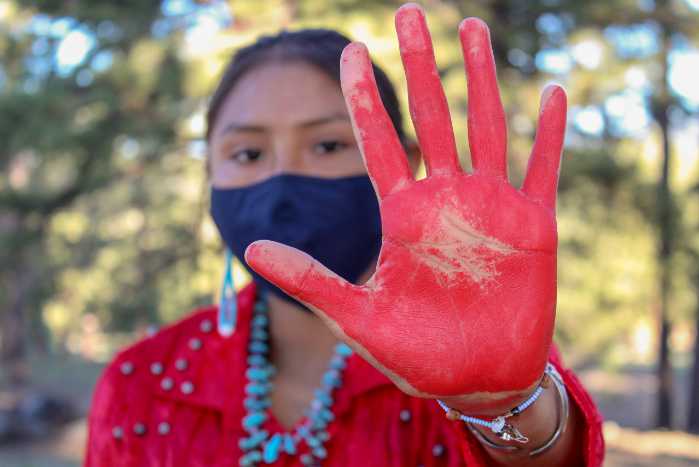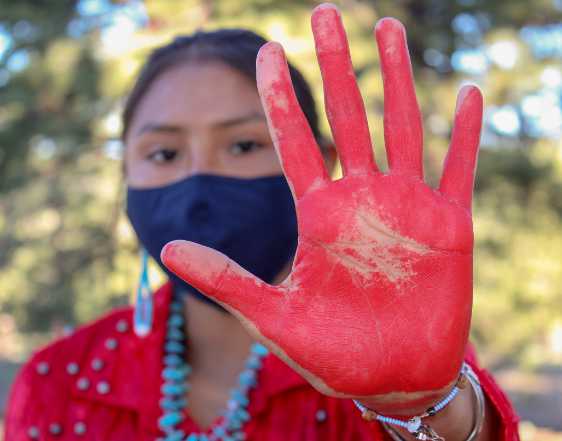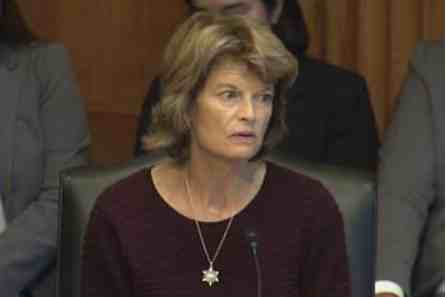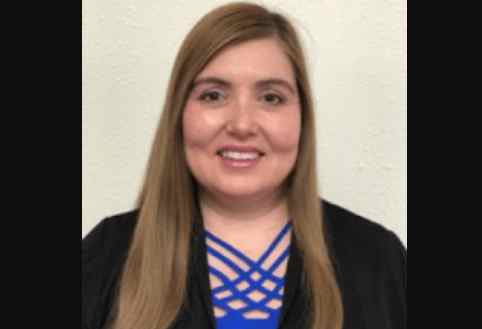Anchorage, Alaska – United States Attorney Bryan Schroder announced Alaska’s Missing and Murdered Indigenous Persons Pilot Project (Pilot Project) today. The Pilot Project, in accordance with the Justice Department’s Missing and Murdered Indigenous Persons (MMIP) Initiative, and in furtherance of and Savanna’s Act, implements tailored Tribal Community Response Plans (TCRP) in select pilot sites.
A TCRP is a guide for how a tribal community will respond to a report of new missing or murdered person case. The TCRP is individualized and tailored to the needs, resources, and culture of the community. The Pilot Project sites include the tribal communities of Curyung Native Council (Dillingham), Native Village of Unalakleet, and Koyukuk Native Village. These three tribal communities volunteered to participate as Pilot Project sites and have completed their first weeklong project meetings with tribal stakeholders, multidisciplinary providers and law enforcement, taking the first steps toward TCRPs that will be shared with tribal communities across the state.
The Alaska MMIP working group began meeting in early September 2020. The TCRP guidelines address the response to new missing and murdered person cases by outlining how tribal governments, law enforcement, and other partners can best work together to respond to such cases. The plans address four core components of response to a missing person case: law enforcement coordination, victim services, community outreach and public and media communications. The Alaska MMIP working group has been working on the TCRP guidelines that meet the unique challenges of Alaska communities. The TCRP guidelines cover:
o Tribal communities without law enforcement presence;
o Tribal communities with limited law enforcement (village public safety officers (VPSOs), village public officers (VPOs), tribal police officers (TPOs); and
o Tribal hub communities with municipal and/or state law enforcement.
“The Alaska MMIP working group is a multi-disciplinary team led by the United States Attorney’s Office MMIP Coordinator, Ingrid Cumberlidge, and comprised of law enforcement representatives from Alaska State Troopers and VPSOs, FBI, Anchorage Police Department, U.S. Marshals, Fairbanks Police Department, BIA Cold Case Office, Kotzebue Police Department, Nome Police Department, Central Council of Tlingit and Haida Indian Tribes of Alaska VPSO supervisors, and Tanana Chief’s Conference VPSO supervisors; legal and judicial representatives from the Alaska Department of Law, U.S. Coast Guard, Kluti-Kaah Tribal Court (former Utquagvik Tribal Court); Tanana Chief’s Conference; tribal representatives from Ahtna Region, Orutsararmiut Native Council, Sun’aq Tribe of Kodiak; victim service providers; and advocates from Victims for Justice, and the Alaska Native Women’s Resource Center.”
“Given that there are 229 Federally recognized tribes in Alaska, we have adopted a pilot program approach to establish initial Tribal Community Response Plans that can be shared with other tribal communities throughout the State,” explained U.S. Attorney Schroder. “This is truly a multi-disciplinary approach, involving the collaboration and coordination of tribal leadership, federal, state, local and tribal law enforcement, and social and victim services providers to address the complexities of MMIP response in Alaska.”
“The Alaska State Troopers are proud to continue our robust efforts in the more rural areas of Alaska and look forward to continued advancement of cultural understanding between tribal entities and our Troopers,” stated Col. Bryan Barlow, Director of the Alaska State Troopers. “We hold steadfast to our efforts to keep and ensure strong partnerships with all of our tribal, local, state and federal law enforcement partners as well as look at what preventative efforts, survivor services, and educational programs can be implemented in communities across Alaska so that we can reduce the violence that negatively impacts all Alaskans, which includes a disproportionately high rate of indigenous people subjected to violence.”
[content id=”79272″]
“The opportunity to participate in this Pilot Project has provided an opportunity for the Koyukuk Native Village to address the issues and concerns they have faced in the past when tribal members went missing or were murdered.” said Shirly Sam, Tribal Victim Specialist for Koyukuk Native Village, “The development of the Koyukuk Native Village Community Response Plan for Missing Person Cases provides a guide to follow if faced with that possibility. This guide adheres to tribal traditions and cultures.”
“In Alaska, law enforcement agencies often need to think outside the box, but inside the rules, to protect the people we serve,” said Robert Britt, Special Agent in Charge of the FBI Anchorage Field Office. “The FBI is looking forward to participating in this Pilot Project, as we continue to support the Alaska State Troopers, as well as our local and tribal partners, to find sustainable solutions that will improve public safety for all Alaskans.”
“The U.S. Marshals Service looks forward to continuing and growing their partnership as part of the Missing and Murdered Indigenous Persons Working Group,” said U.S. Marshal Robert Huen, “This opportunity to collaborate with federal, state and local agencies, as well as tribal members and entities creates partnerships to improve interagency communication and cooperation. The U.S. Marshals Service recognizes the importance of this initiative and are dedicated to allocating resources in response to this problem plaguing our Alaskan communities.”
“The Alaska Department of Law is committed to addressing the epidemic of Missing and Murdered Indigenous People. These Pilot Projects are the first step, and we look forward to collaborating with local, state, and federal partners in the future.” Deputy Attorney General John Skidmore
“We are deeply engaged with our federal and state law enforcement partners as well as our community partners to help address the MMIP issue,” said Chief Justin Doll with the Anchorage Police Department. “For example, our new Cold Case Unit is currently collaborating and supporting this important project.”
“I am so happy to be part of this working group with Ingrid (Cumberlidge- U.S. Attorney’s Office District of Alaska – MMIP Coordinator) and other tribes,” said Lucille Lincoln of AHTNA, “I am thankful that we are finally getting the different agencies working together with us and learning about our people and problems to help our Native people and present them somewhere to turn in these situations.”
“Participating in this Pilot Project not only demonstrates to our families that we care deeply about the traumas they’re experiencing, but also asserts our sovereignty in addressing this issue for our people by developing an action plan relevant to Curyung’s culture and community.” said Curyung Tribal Council Tribal Administrator, Courtenay Carty.
“The Native Village of Unalakleet joined the Alaska MMIP Tribal Community Response Plan Project. I serve as the Tribal President and during my past experience as a law enforcement officer, we lost and never found a couple of our tribal members,” said Unalakleet Tribal President Katchatag, “My hope is that this project will continue to raise awareness, gather resources, and develop protocols for Unalakleet and all Alaska Tribes to respond to cases of missing and murdered indigenous people.”
The U.S. Attorney’s Office, District of Alaska would like to thank the Pilot Project tribal communities, law enforcement partners, community stakeholders, and victim service providers for their willingness and dedication to the undertaking of this monumental effort of addressing MMIP responses in Alaska.







